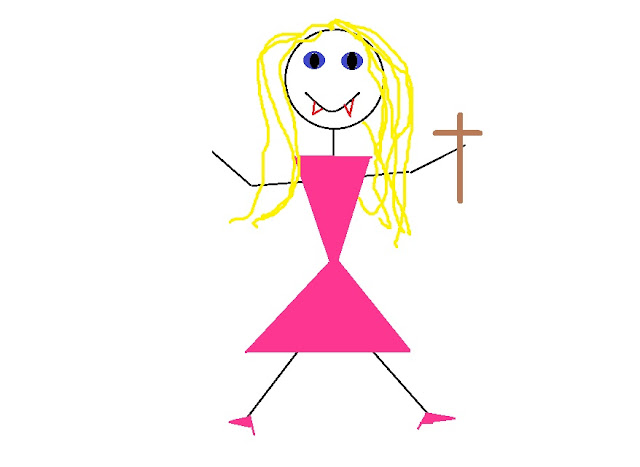Have you heard that the Earth is actually flat? How about the one where the government tried to train cats to be secret spies? Maybe you heard a story about the battleship that disappeared out of one harbor and reappeared, moments later, hundreds of miles away.
There's just something compelling about wild conspiracy theories. And that means you can probably create some pretty compelling writing when you use conspiracy theories in your stories.
There's been a lot of good storytelling based on outlandish, outrageous conspiracy theories. So why can't you tell a really good story based around a conspiracy theory?
Try going out on that limb and try writing a story built around a wild conspiracy theory. Maybe in your story, the theory is true. Maybe in your story, a main character merely believes it's true. It's your story. Let inspiration guide you in any direction is goes and see what happens. Sometimes, writing is about just letting go.
Maybe there's a theory you heard before that you never forgot. Maybe you've got one of your own. Either way, conspiracy theories make a great basis for any story. So if you're low on ideas and looking for something to write, try starting with something that's just too ridiculous to be real. Because usually, those stories end up being easier to believe and even more interesting than all the fairy tales ever written.
There's just something compelling about wild conspiracy theories. And that means you can probably create some pretty compelling writing when you use conspiracy theories in your stories.
Spinning a Yarn
There's nothing people like more than a good story. But what makes a story good? Sometimes, it's something that's so far out there it's impossible to believe. And what's so wrong with that?There's been a lot of good storytelling based on outlandish, outrageous conspiracy theories. So why can't you tell a really good story based around a conspiracy theory?
Try going out on that limb and try writing a story built around a wild conspiracy theory. Maybe in your story, the theory is true. Maybe in your story, a main character merely believes it's true. It's your story. Let inspiration guide you in any direction is goes and see what happens. Sometimes, writing is about just letting go.
Maybe there's a theory you heard before that you never forgot. Maybe you've got one of your own. Either way, conspiracy theories make a great basis for any story. So if you're low on ideas and looking for something to write, try starting with something that's just too ridiculous to be real. Because usually, those stories end up being easier to believe and even more interesting than all the fairy tales ever written.

































